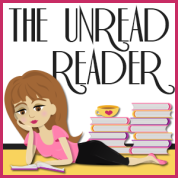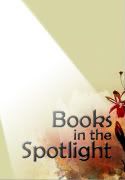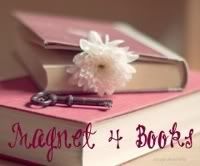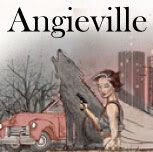2007; Dutton Children's Books
Summary
Junior high really stinks for thirteen-year-old Vladimir Tod. Bullies harass him, the principal is dogging him, and the girl he likes prefers his best friend. Oh, and Vlad has a secret: His mother was human, but his father was a vampire. With no idea of the extent of his powers and no one to teach him, Vlad struggles daily with his blood cravings and his enlarged fangs. When a strange substitute teacher begins to question him a little too closely, Vlad worries that his cover is about to be blown. But then he realizes he has a much bigger problem: He’s being hunted by a vampire killer who is closing in . . . fast! (courtesy of Goodreads)
Review
A few years ago, I was sitting in church listening to a
Fast forward a few years...I assume the kid was reading one of the Vladimir Tod books. I finally picked the first book up after having it on my TBR list for a long time. It did not disappoint.
Vladimir Tod is half-human, half-vampire. His parents died mysteriously a few years ago. Now he lives with his aunt who sneaks blood for him from the hospital blood bank. The only other person who knows that Vlad is a vampire is his best friend Henry. Being a vampire isn't that big a deal for Vlad. Drinking blood at meals is natural to him. He's just a kid with a dietary difference. He hangs out with his friend Henry drinking a blood bag when Henry has Capri Sun. His vampiric nature definitely creates some awkward situations, but for the most part his life is like any other eighth graders.
This starts to change when a favorite teacher disappears and is replaced by an odd man who shows too much interest in Vlad and his uniqueness.
I loved the friendship between Vlad and Henry in this book. In a literary genre overrun by romance, it is refreshing to read a book that focuses on two buddies. Vlad and Henry work together to figure out what's going on with the disappearances. Henry has the tendency to follow Vlad around like a puppy dog, but Vlad is basically unaware of the inequities in their relationship (actually he wonders why cool Henry even bothers with him). They have a great banter throughout the book - typical boy talk.
This book bills itself as a light, humorous read, which it was. I was surprised, however, that it got as dark and dangerous as it did. Nothing too scary, but the danger was more intense than I expected it to be. I like the contrast of a sarcastic narrator and banter among friends with life-threatening situations and even a few heartfelt, touching moments.
Eighth Grade Bites is a fun start to a series. Definitely something for middle grade and early high school boys. And everyone else.
Rating: 4 / 5














